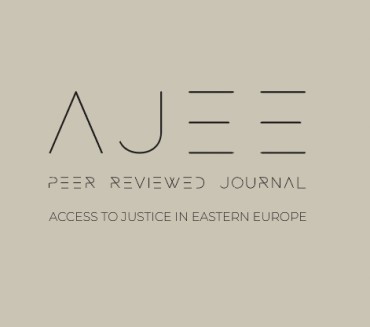Summary: 1. Introduction. – 2. Distinguishing between applicable substantive and procedural law in international commercial arbitration. – 3. Scope of application of procedural law. – 4. Autonomy of will and procedural law. – 5. The rights of the parties to choose the procedural law. – 6. Choice of procedural law. – 7. The influence of the seat of arbitration on the choice of procedural law. – 8. Conclusions.
Background: One of the most important features of international commercial arbitration is the autonomy of the will of the parties to a foreign economic dispute. Such autonomy consists of the possibility of independence to resolve issues of a dispute between the parties to such a contract and those issues that already arise during arbitration proceedings. One of the most significant issues that are the subject of autonomy of the will is the choice of the rules of procedural law. In this note, we studied the procedural rules governing the activities of international commercial arbitration, which influence the course of arbitration proceedings, since the arbitral tribunal usually refers to them when determining the number of key issues, starting with questions about whether to refer the dispute to arbitration or not, whether to determine interim measures and also with respect to the arbitral award itself.
Methods: This study was based on an analysis of Ukraine’s national law and some doctrine; examples of implementation of the New York convention were analysed.
Results and Conclusions: Although the parties’ freedom of choice is a generally accepted principle of international commercial arbitration, it can usually be limited by the imperative norms and public order of a particular country. The trend of moving the international arbitration practice away from using lex loci arbitri was underlined. This trend reflects the avonomy of the parties and can also be considered a significant challenge of lex loci arbitri.

